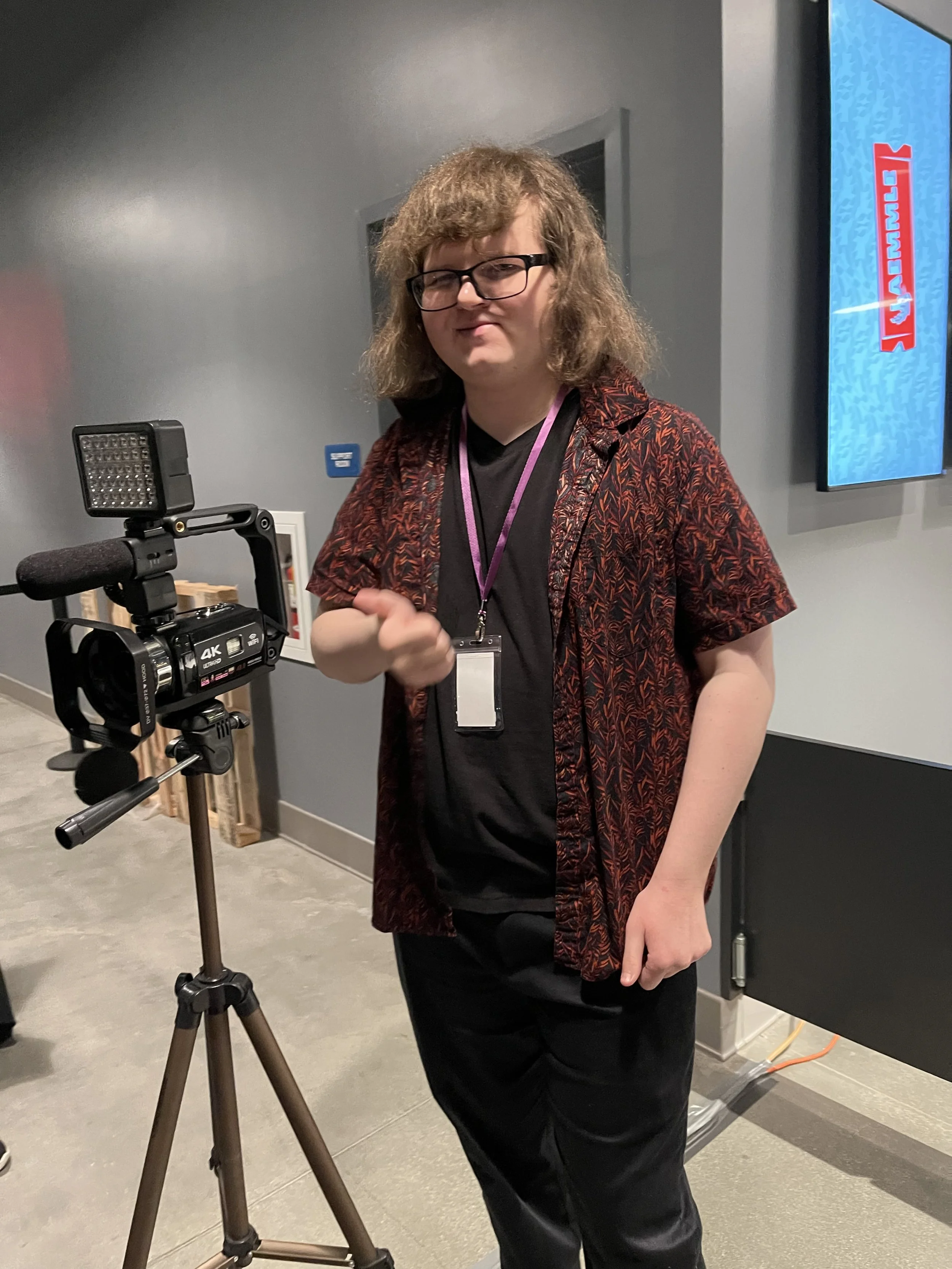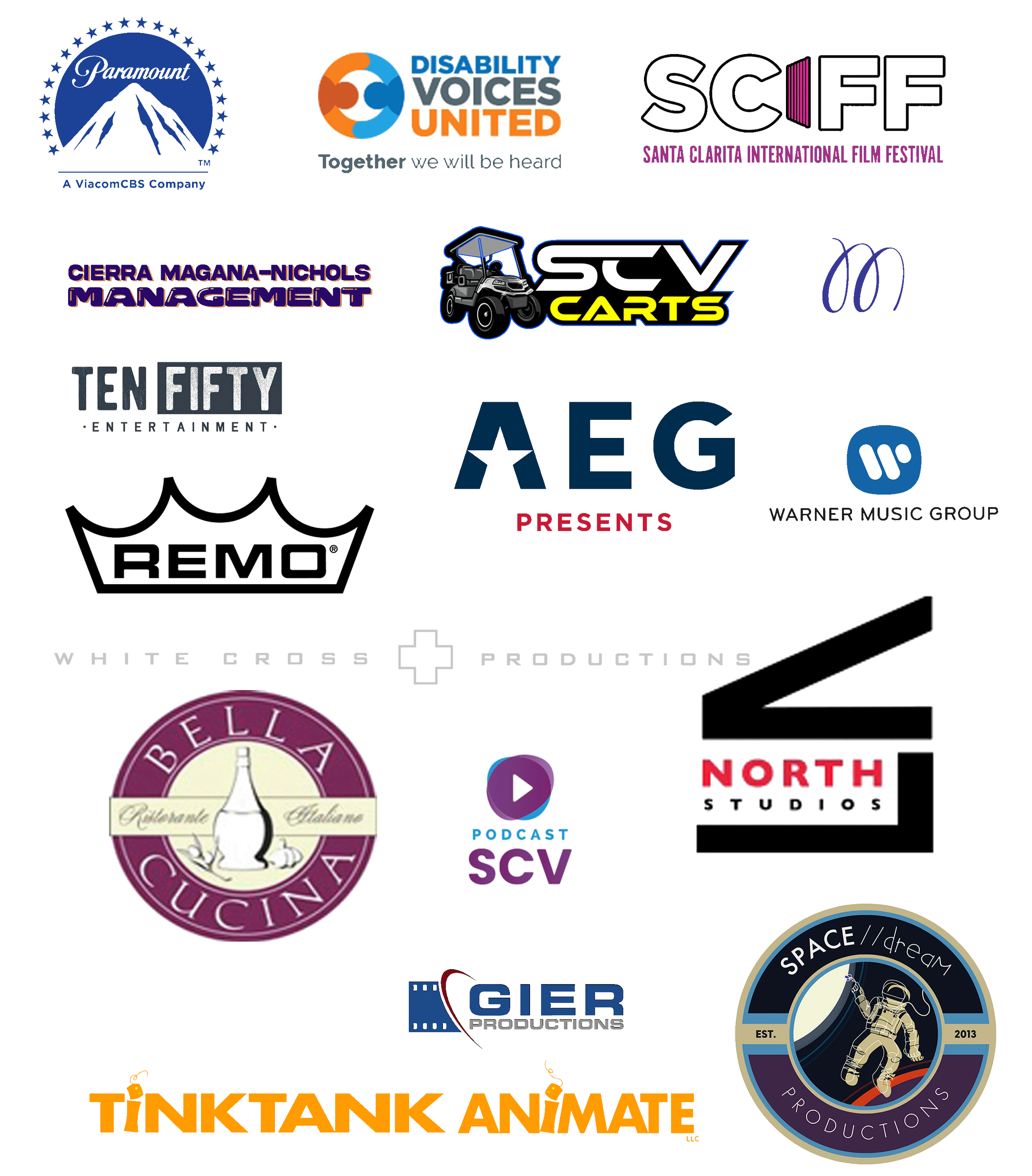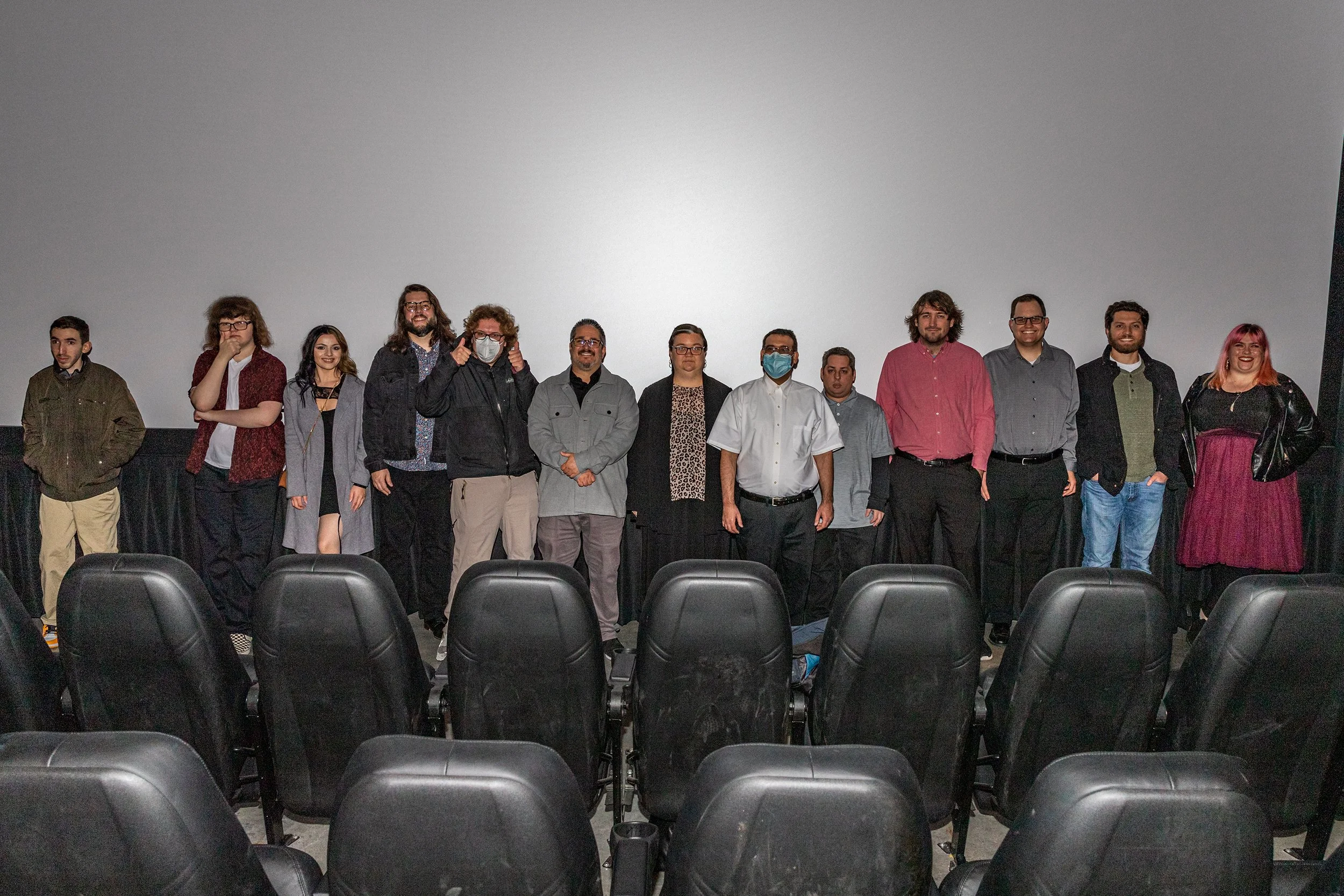Yes I Can Paid Internship Program (PIP)
The YIC Paid Internship Program provides participants with valuable work experience through strategic partnerships with local entertainment employers. Each placement is carefully matched based on the employer's needs and the participant's individual abilities and career interests, spanning diverse areas such as production, post-production, marketing/advertising, animation, sound, lighting, voiceover, concessions, security, crafts services, and talent management.
Participants develop essential job skills through structured guidance that includes modeling of appropriate work behavior and social interactions. The program emphasizes effective workplace communication, helping participants build productive relationships with co-workers and foster greater independence.
Throughout the internship, participants undergo comprehensive situational assessments in real work environments. These assessments evaluate occupational skills, work behaviors, and competencies essential for specific competitive employment positions. By performing actual job tasks under real conditions, participants gain insight into their employment preferences while demonstrating their skills and abilities.
The program's real-world settings serve multiple purposes: they allow participants to explore their vocational aptitudes, demonstrate required support needs for optimal performance, and acquire specific skills. YIC staff closely monitor each participant's work characteristics, interests, learning style, and workplace support requirements across multiple environments.
This hands-on assessment approach evaluates learning progress, demonstrates aptitudes, and identifies necessary training and support strategies for developing key competencies. Before participants transition to an employer's permanent payroll, the program thoroughly assesses their readiness for supported employment services, ensuring a successful progression into long-term career opportunities.





















